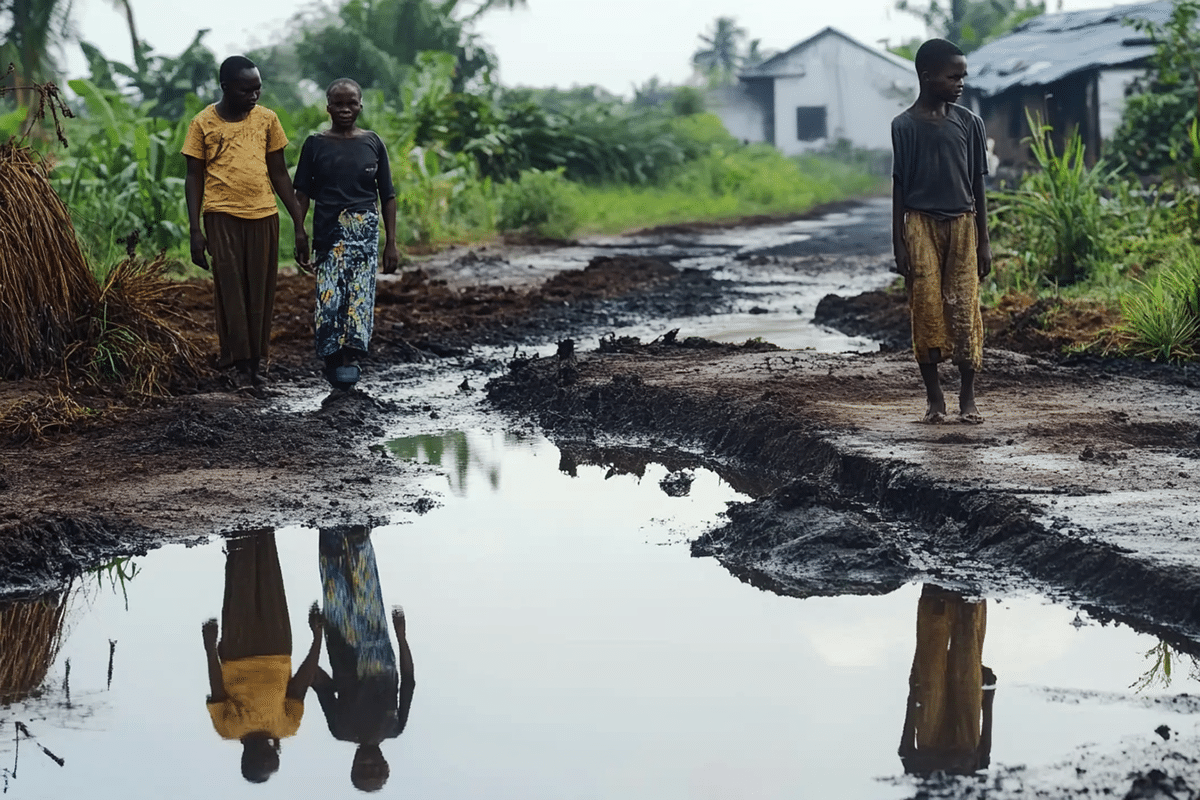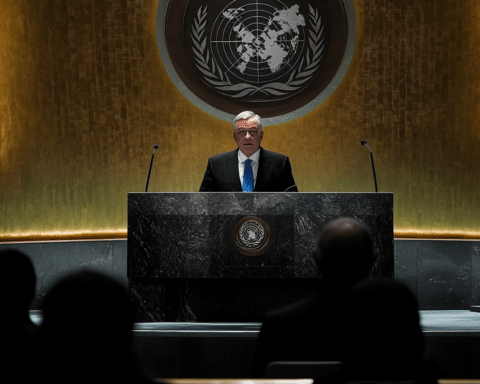The Nigerian Hydrocarbon Pollution Remediation Project (HYPREP), created to tackle the environmental damage from decades of oil spills in the Niger Delta, has failed to effectively restore the polluted land despite receiving significant funding and international support. Leaked documents and satellite images show that HYPREP’s efforts have been insufficient, leaving large areas still barren and unusable, years after the project’s initiation.
Satellite imagery from 2021 shows that the land meant for restoration remains unfit for farming or any productive use. What was once expected to be a successful cleanup project, with the aim of returning the affected land to its pre-pollution state, has instead left local communities without the agricultural land they once depended on. This ongoing environmental damage is just the latest in a series of setbacks for the region, which has faced relentless oil spills since the 1950s.
One of the key issues contributing to HYPREP’s failure is the poor selection of contractors tasked with carrying out the cleanup. Many of these contractors were found to lack the necessary expertise and experience to address the complex environmental issues in the region. Furthermore, the facilities used to test and monitor the cleanup efforts were deemed inadequate, compounding the challenges faced by the project.
The root of the problem also lies within the systemic issues plaguing HYPREP. Internal documents from the United Nations revealed widespread corruption within the organization, including a lack of proper auditing and monitoring. This mismanagement has been a significant barrier to the project’s success, preventing any meaningful progress in restoring the Niger Delta’s polluted land.
Leadership instability has further exacerbated the situation. Former Nigerian Environment Minister Sharon Ikeazor attempted to address the numerous problems within HYPREP, but her efforts were short-lived. She was replaced by new leadership, including individuals who had previously been criticized for their role in the mismanagement of the project. This change in leadership, rather than bringing fresh ideas or solutions, led to the reinstatement of previous leaders who had failed to deliver results.
As a result of these challenges, the United Nations Environment Programme, which had initially partnered with HYPREP, severed ties with the project. Frustrated by the corruption and inefficiencies, the UN withdrew its support, highlighting the scale of the failure.
The Niger Delta continues to be one of the most polluted regions globally, with severe impacts on the local population. Ongoing oil spills contaminate water sources, farmland, and air, threatening the health and livelihoods of thousands. Despite significant funding and resources allocated to HYPREP, the failure to tackle the pollution crisis highlights the urgent need for more effective and transparent measures to protect both the environment and the communities that rely on it.
HYPREP’s inability to deliver on its promises has left many questioning the future of environmental remediation efforts in Nigeria and the Niger Delta, a region that has long been at the mercy of the oil industry’s impact on the environment.





